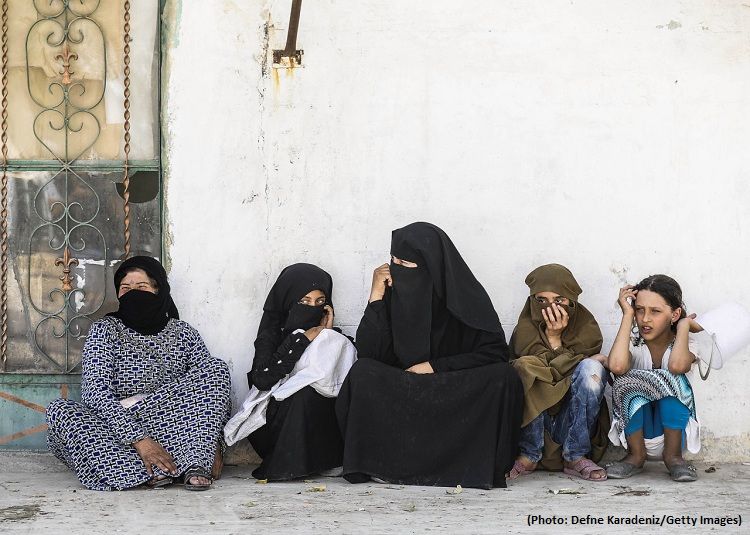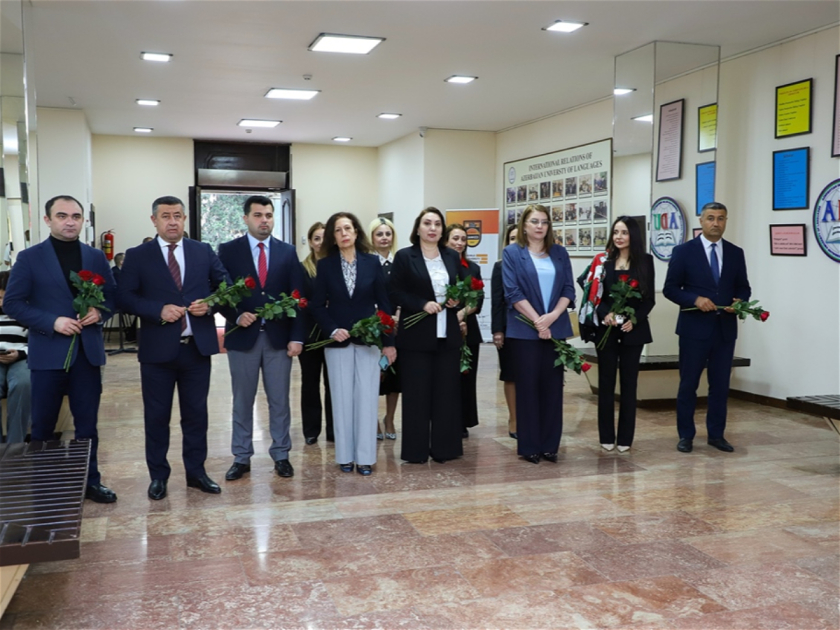In Northeast Syria, a group of women have built a women-only village to serve as a refuge for those displaced by ISIS and the Syrian civil war — as well as any woman tired of living as a second-class citizen in a patriarchal society.
The village of Jinwar, which means “women’s land” in Kurdish, “is a response to every person who thinks of violating a woman’s freedom, or sees the woman as the weaker sex in the society, or that she can’t manage her life or manage her children,” Fatma Emin, a 35-year-old Jinwar resident, told CNN.
After losing her husband to a land mine planted by ISIS in August 2015, Emin said that her husband’s family began trying to exert control over her and her six daughters. They demanded that she quit her job in Kobani’s local government to raise the children under their supervision, and repeatedly stole away her daughters to their house in an attempt to force the issue.
“The people that I was mixing with didn’t value this and didn’t accept me as a strong or a working woman, or raising my kids after my husband’s death,” Emin recalled. “I worked at the (Kurdish) administration and I was good and excelling at my work.”
But with the help of a Kurdish women’s group, she was able to recover her children from her husband’s family and moved away with them to Jinwar, which was built by Kurdish women’s organizations two years ago. Including Emin and her family, 16 women and 32 children live in the village. Men are allowed to visit the village during daylight, but forbidden from staying overnight. According to Emin, the village not only provides a safe haven for her to raise her children and send them to school, but also a society in which women can take ownership over their own lives.
“Jinwar is life’s spirit, nature’s spirit and a free woman’s spirit. The women here are establishing their existence in the entire society,” she explained. “I wish that the whole world would see Jinwar the same way we see it and I wish that we build more Jinwars in every region so that no woman would be subjected to injustice.”










